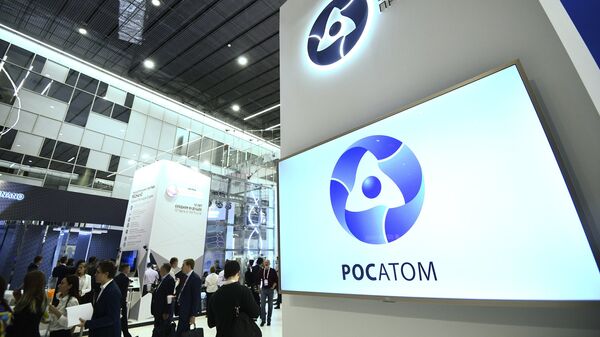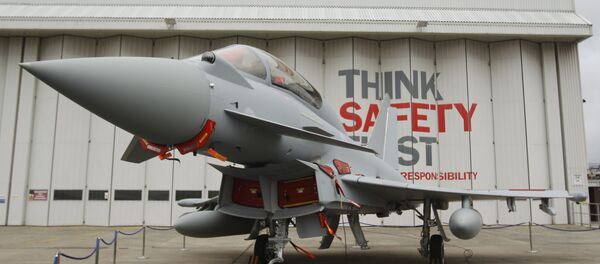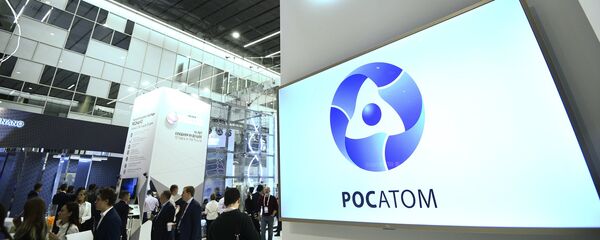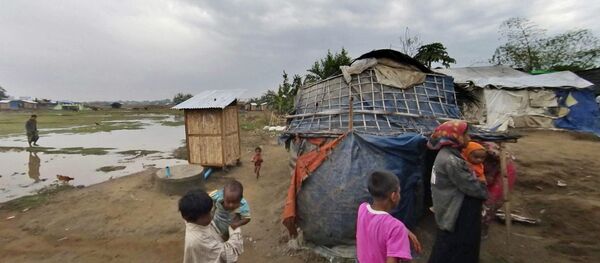Sputnik: The World Education Foundation's motto is "Build a bridge to peace through education", what's the precise meaning of it?
Marques Anderson: When we're looking at education and peace, we're looking at an educated society which is well-informed and it transfers some knowledge; where there's no confusion about what is actually going on in the education space; being able to understand different cultures, diverse backgrounds and people from different ways of thinking opens up doors to actually creating peace.
What we'd like to do is move towards a place where there's a transfer of knowledge so that people can actually achieve peace in that regard.
Sputnik: What's your strategy to change education? Do standards change according to the needs of various markets? How important is it to create an innovative education environment?
Sputnik: What steps does your foundation take along the way?
Marques Anderson: One of the things that we do is engage with people and local communities on the ground to understand what their challenges are and what they're going through. We do that by participatory action research, that is, having a lot of the community members be involved in the projects and in the development of the projects, then we can ultimately build up proper solutions.
READ MORE: Cyberwarfare is 'Dangerous As It's Put Us On Path of New Cold War' — Activist
Sputnik: Is it necessary to study at the university in the traditional sense or is it sensible and possible to be in demand in the labor market simply by possessing electronic certificates confirming your knowledge to your employer?
As we're moving through the XXI century skills we really want to be able to understand how other people think, what their solutions are and how they actually approach different innovative ideas. And from there we can start to understand what's necessary when we talk about innovation.
Sputnik: What challenges does the education system face under the digital transformation of society and economy?
Marques Anderson: I think that tracking assessment and mentoring is really something that is a challenge. If you have all these people in the digital space, how do you actually create the mentors who are guiding them through the innovation process?
And also how do you actually assess what creative thinking or emotional intelligence is? How do you come up with the global curriculum or the assessment strategy that can actually approach those different questions?
Sputnik: How does the World Education Foundation respond to these changes?
They went out to the community and gathered information; we brought them back to the session where they prototyped the solution and then they pitched it to the community and the community gave them the feedback in order to integrate that solution into the community.
Sputnik: Do you have any advice for our audience in this age of digital innovation breakthrough? How can digital learning help them in their daily lives?
Marques Anderson: I think that really drawing upon diverse sectors of knowledge is really important — understanding that there's not just one train of thought; that there's other information accessible across borders that can be used in the innovation process.
The views and opinions expressed by the speaker do not necessarily reflect those of Sputnik.






